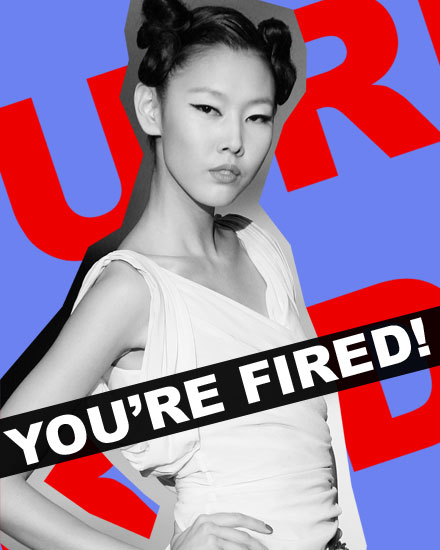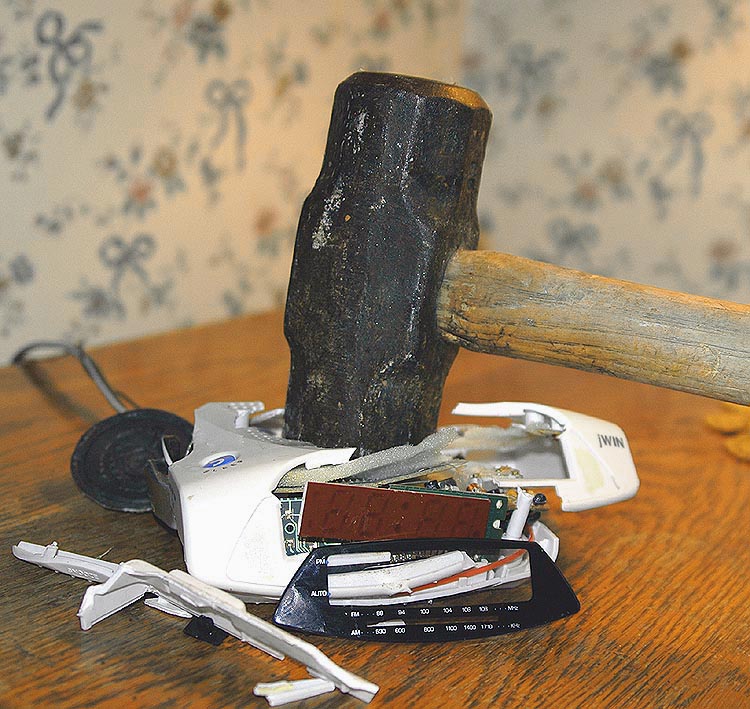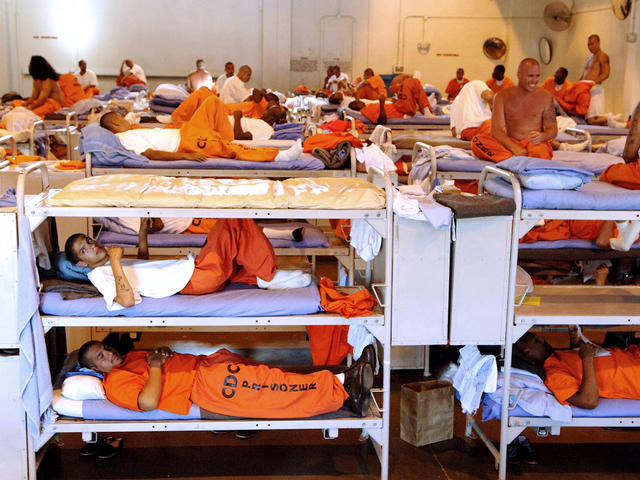December 09, 2023

Last week I started cleaning out my cancer closet. This week I’m continuing the job. In my filing cabinet, I discovered a list I made called 32 Ways To Spend My Time. I wrote it while living in limbo-land after my first treatment. I was well enough to get out of the house most days. But I didn’t have enough reliable physical energy to start finding a job, get off disability, and tackle a normal work week. I felt lazy, cabin fever stir-crazy, unproductive, and anxious to have a life again. So I created a list of productive (and inexpensive) ways to spend my time. My list included:
Update my address book * Visit my great uncle * Learn geography * Listen to new kinds of music * Find new and unusual museums to visit * Stretch * Reduce and donate my belongings * Do drop-in volunteer work * Find a dog that needs to be walked * Make thank you collages for people who had helped me out.
To other 28-year-olds, this list must have seemed elementary. To me it was monumental and gave me purpose. Many of the tasks on the list I could do even on days when I wasn’t feeling well.
When I interviewed young adult cancer patients for my book Everything Changes, the most frequent comment I heard was that life after treatment was the toughest part of the cancer experience. After treatment is often the first time many of us have to stop and think about all that has just happened to us. It was important for me to pay attention to these feelings, but I didn’t want to do it 24/7. This list helped give me some focus and direction. No matter how simple or how trivial the tasks, I needed to have a life outside of my sick bed. How ironic that one of the items on my list was “Get a tape recorder, interview people, and make a project out of it.”
What was life like for you after a prolonged period of illness or treatment? Did you find satisfying ways to spend your time? Were you financially or physically limited by what you were able to do? How did you handle it?
I got a tape recorder, interviewed people and made a project out of it called Everything Changes: The Insider’s Guide to Cancer in Your 20s and 30s. Check it out.


October 01, 2023

Do you have an angelic boss who has made accommodations for your illness? Or, have you been wedged out of your workplace, or cornered into a position where your job is so miserable you want to quit?
ABC News interviewed me today about asking for sick leave and keeping your job. I offered them lots of tips and advice, but they don’t work unless you follow them. (Duh.)
Lots of us are pals with our co-workers, bosses, and employers. Some workplaces can feel like home, family, and the center of our social lives. Sometime patients assume they don’t need to follow the rules because our bosses are supportive people who care about us. It’s easy vent to them about our medical woes, lean on co-workers for emotional support, and assume our boss will do everything in their power to accommodate our illness. Some will. And some want to but cannot.
Illness costs employers money. No matter how kind your company may be, sometimes it’s hard for them to afford the hike in health insurance rates caused by your illness. Your sick leave might slow a project down costing them more money. Or maybe they have to spend extra work hours finding and training your replacement.
I’ve met plenty young adults who are shocked when their chummy employer isn’t able to make friendly accommodations or even lets them go. That’s why I think it is important to avoid sloppy workplace boundaries. No matter how friendly the environment, I think it’s always best to play by the rules: Be formal, friendly, honest, prepared, concise and orderly about discussing your illness in the workplace.
Were you nervous about disclosing your illness to an employer? How has your employer responded to your illness? Is it consistent with how they treated you prior to your illness? Any surprises along the way from supervisors or co-workers?
Read more about tips for navigating workplace issues in Everything Changes: The Insider’s Guide to Cancer in Your 20s and 30s.


September 23, 2023

I keep waking up at 4:48 AM. Sometimes a few minutes earlier or later. I hate it. But I know I’m not alone. I’ve talked with a handful of breast cancer bloggers this week and discovered we all use blogging as a great way to deal with being awake at night.
Sometimes I can clearly identify what is keeping me awake: a doctor’s appointment or test on the horizon. Sometimes even good events: my excitement a few weeks ago about being interviewed as a young cancer patient on Fresh Air with Terry Gross (she is my #1 role model/heroine.) But, often I’m just up for reasons I can’t figure out and I don’t particularly feel like scavenging the back of my mind to find the answer.
When I’m up, I get out of bed, go to my laptop, and work. Lately it’s the only thing that distracts me – even when I lay in bed reading, my anxious thoughts take over the words on the page. But, there must be a more peaceful middle ground in the hush of my night between tossing and turning and slamming into work mode.
People with weakened immune systems seem to need sleep the most, but the very nature of us being sick is often what grates on our minds keeping us awake. A recently published article in the Archives of Internal Medical shows that people getting fewer than seven hours of less have less resistance to cold viruses than people getting eight hours or more.
One thing that I know helps me is I never describe my being awake as insomnia. (Though I can see how for people with a serious sleep disorder it is a useful term that helps you get appropriate treatment.)
Do you ever have a hard time sleeping? Is it better or worse at certain times? What do you do when you are awake at night? How does it affect your life?
Read Everything Chanages: The Insider’s Guide to Cancer in Your 20s and 30s to learn about the about profound thoughts that other young adult cancer patients have when they are up at night.


July 13, 2023

I think there’s an expectation that having cancer is going to make my work, relationships, or goals in life more meaningful or important. But why?
Shannon is going to be a guest on tonight’s Stupid Cancer Show about cancer and the environment. (He’s an environmental lawyer for the Natural Resources Defense Council). Preping for our interview, I asked – in my best Terry Gross voice – “Did meeting your wife, a cancer patient, reinforce your commitment to your work on the environment and healthcare outcomes?” His answer: “No. Not really. I cared about this work to begin with.” Reason #210 why I love this man.
I guess the assumption is that we’re all just a bit too lazy, unkind, uncommitted, shallow, or careless in our lives and need cancer as a wake up call. But, I think I had a pretty meaningful life before my diagnosis, just as Shannon had a pretty great commitment to public health issues before meeting me. I’m mostly happy for people who’ve gotten more meaning in their lives from cancer. But I’m also a bit sad for what their lives must have looked like prior to cancer if they needed this disease as a makeover.
The burden is on cancer patients to live profoundly meaningful lives because we’ve seen the light. Be shouldn’t we all strive to lead meaningful lives, be good to our neighbors, smell the roses and help old women across the street whether we’ve had cancer or not? Just turn on the news, walk down the street, empathize with anyone who has lost something or someone. Wake up calls are everywhere.
It was a relief for me to hear Shannon say that my cancer was not a wake up call for him. Call me crazy, but I’d like to think that the greatest assets I have to give him are not two malignant tumors in my neck.
Was cancer a wake up call for you? If so, in what ways? If not, why not? Do you ever feel like there is an expectation that you should have become a more whole or better person because of your cancer?
Read Everything Changes: The Insider’s Guide to Cancer in Your 20s and 30s to learn more about Greg and other young adult cancer patient who said they’d choose to get cancer again because of the positive change it made in their lives.


June 24, 2023

I’ve had to live with jobs that were way off my career path just to pay my health insurance. Heidi Adams, executive director of Planet Cancer, is going to be asking President Obama about this very issue on ABC Primetime tonight live at 10 PM EST. The program is called “Questions for the President: Prescription for America” (Must see young adult cancer TV. Go Heidi Go!)
During cancer treatment I lived on disability. Afterwords I needed a job with health insurance. In my book Everything Changes, I wrote about my day job working for a non-profit organization that helped ex-offenders. “I sat in church basements with rapists and murderers (a remarkably respectful and nice bunch of guys) teaching résumé writing and feeding them the organization’s line that if you work hard enough, you can achieve anything. These men and I knew this was bullshit, that life’s circumstances don’t necessarily comply with will or effort.”
The job had ups and downs. The downs: My employer’s insurance agent called me nonstop asking when my cancer would be gone so their healthcare rates would go down. I worked 40 hours a week, the pay was lousy, and I had no reserve energy to write or choreograph. For the first time in my life I was utterly non-creative. So much for living your dreams after cancer, right?
The ups: I had health insurance. And, the men I taught were pretty cool. After going through cancer it was great to be surrounded by people who were also struggling to adjust to “normal” life. They made me feel like less of a freak. We were good company for each other. Is it pathetic that ex-cons made me feel normal? I don’t think so. We were all just people trying to cope with change.
How has cancer and the need for health coverage impacted your work life? What jobs have you taken that you would not have otherwise? What were the ups and downs? Are you job searching now or returning to work and how are you handling it?



![]()
![]()




 “Everything Changes is, without doubt, the most forthright, emotionally sophisticated, and plain-old valuable book of its kind I've seen.”
“Everything Changes is, without doubt, the most forthright, emotionally sophisticated, and plain-old valuable book of its kind I've seen.”












